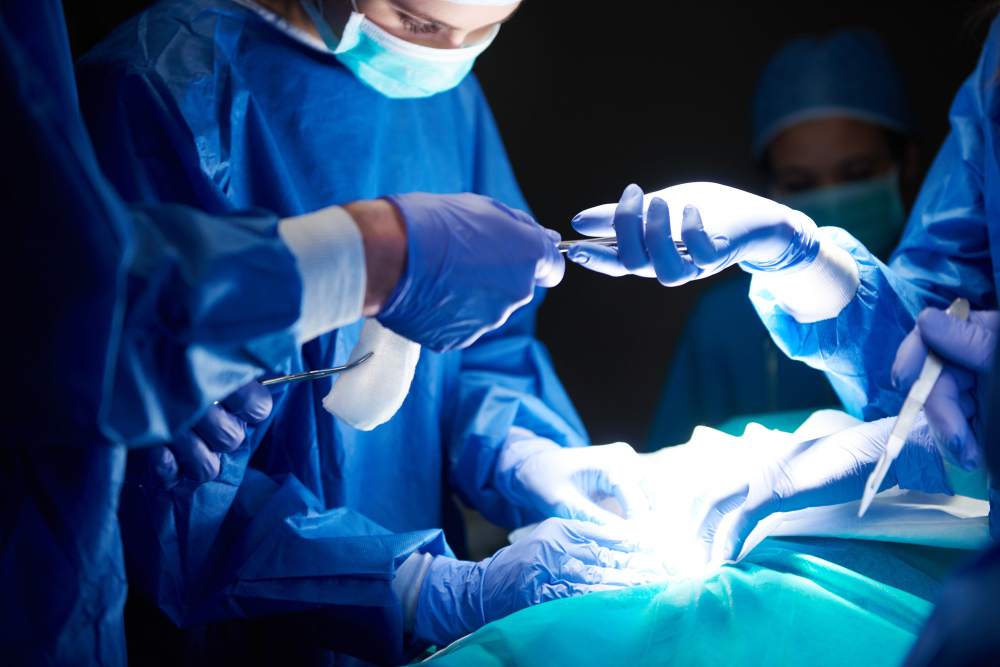Hemorrhoids
Hemorrhoids are veins around the rectum and anus that become swollen, enlarged and sometimes painful when put under pressure. Hemorrhoids may be irritated by chronic conditions like constipation and diarrhea, as well as traumas that occur during pregnancy, childbirth or anal intercourse. When inflamed, a hemorrhoid may appear internally or externally, with some large internal hemorrhoids prolapsing externally through the anus.

